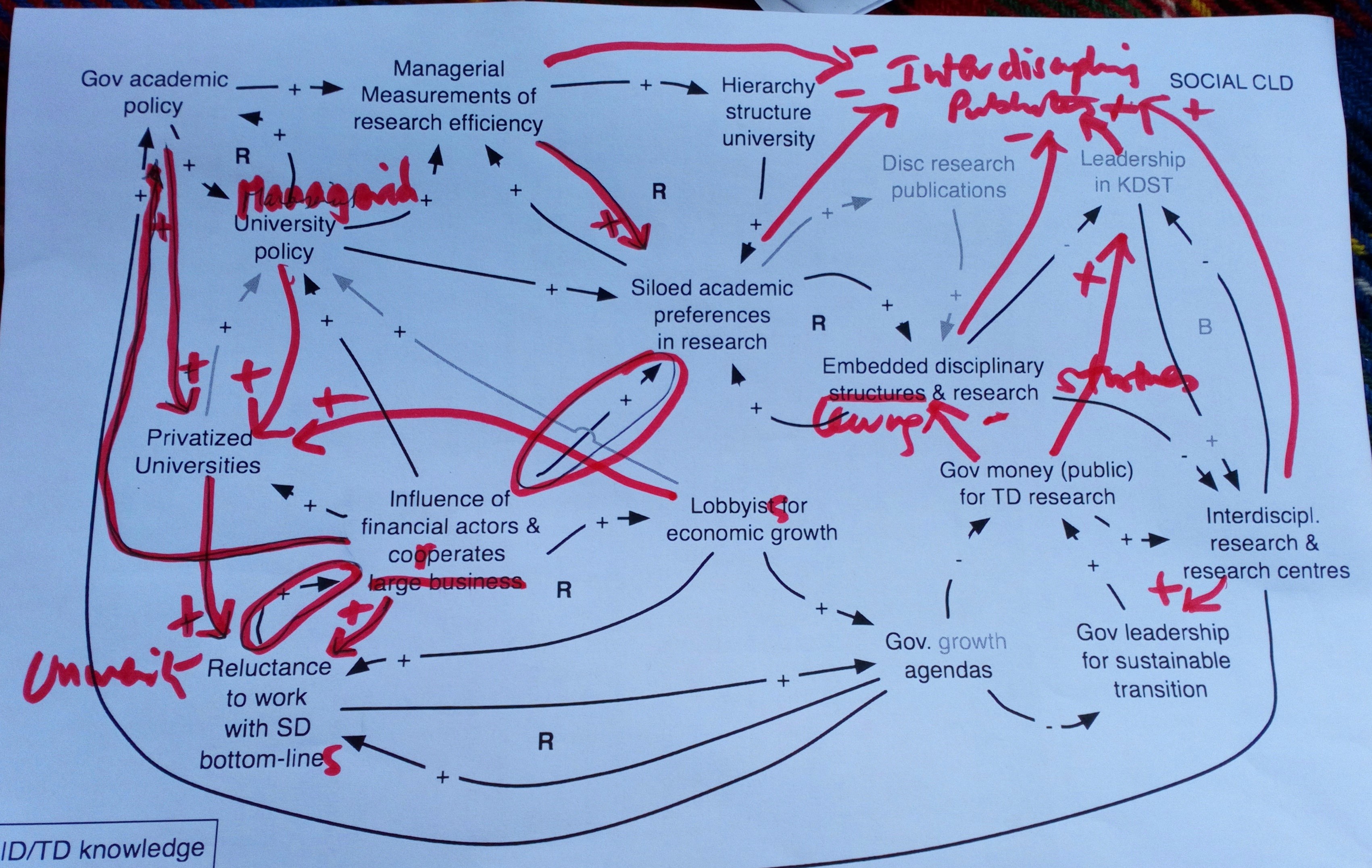
Use appreciative inquiry and system thinking methods to identify values and desired outcomes, managing contrasting views.
Map systems of concern together, gaining shared understanding of how the system works and participants different place(s) within it and different concerns, integrating lived experiences and formal expertise.
Range from achieving more understanding across the group to co-created dynamic solutions informed by collective insights, depending on time available.
Develop complementary strategies that can join up across various disciplines and sectors, focusing on short, medium and long-term sustainability.
Provide a forum for users of systems approaches in different sectors and areas of Wales and compare with other relevant international examples.
Contribute to knowledge for more equal and sustainable futures through coordinated efforts and holistic understanding.
Support fair and inclusive transitions more sustainable systems (water, energy, food, agriculture, industry, transport, health, housing, waste etc) considering the needs of vulnerable populations.
Bring in social justice, human needs, and wellbeing to the heart of all transition discussions, design and policy, considering the social and equality aspects and not just the technical.
Contribute to sustainable systems that work in synergy and provide prosperity for everyone.
Foster community involvement and democratic processes through providing a space for discussion and providing accessible tools and examples that can be adapted by users.
Create online discussion space and Community of Interest, facilitate inclusive conversations, and support lifelong learning and reflective practices using systems tools and approaches.
Contribute to strengthening community resilience and effective local decision-making for a more democratic and sustainable Wales.